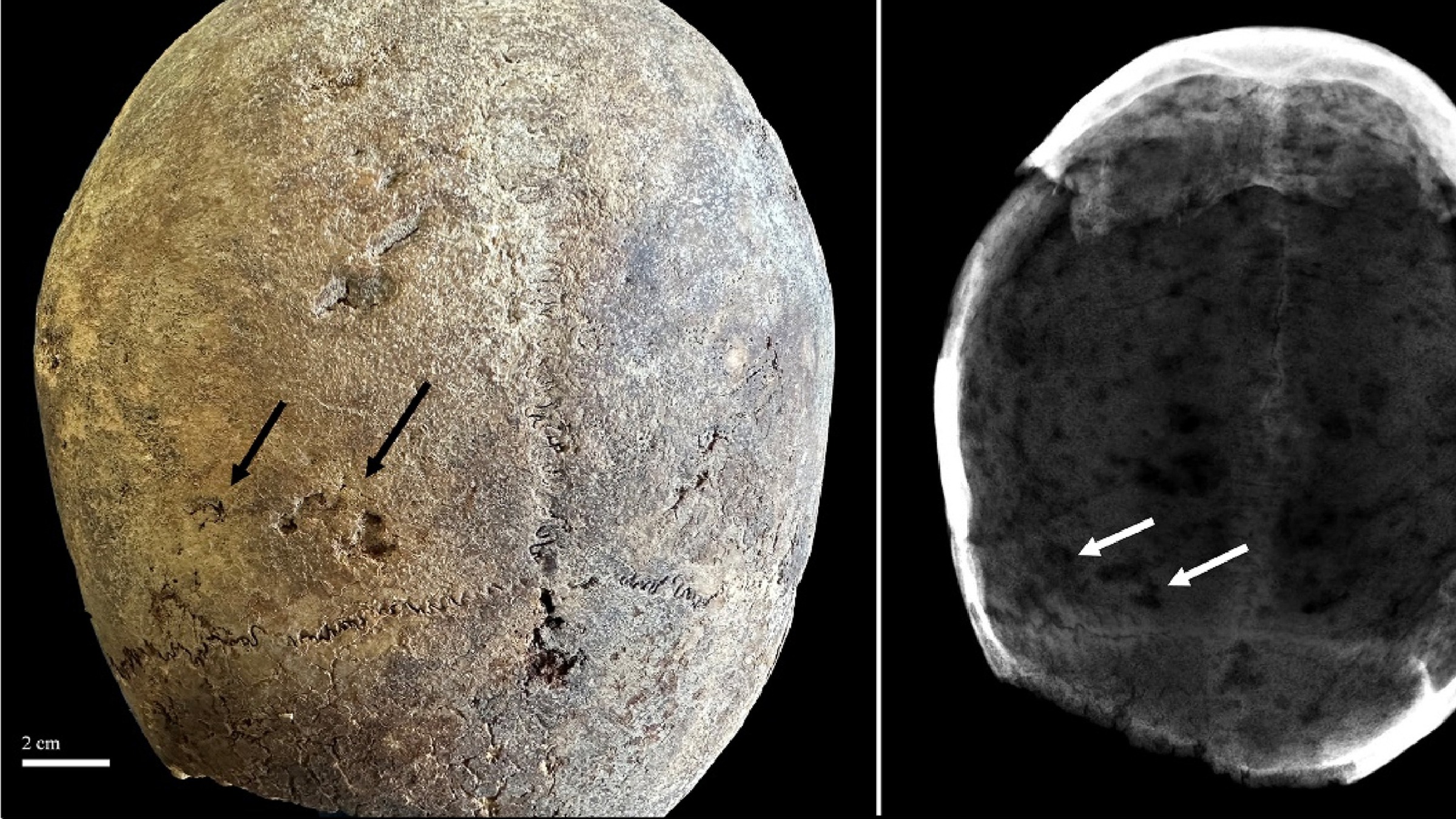Agriculture, Vol. 14, Pages 1196: Ozone Treatment as a Sustainable Alternative for Suppressing Blue Mold in Mandarins and Extending Shelf Life
Agriculture doi: 10.3390/agriculture14071196
Authors: Darija Lemic Marija Andrijana Galešić Mario Bjeliš Helena Viric Gasparic
Citrus fruits, particularly mandarins, are highly valued globally for their nutritional benefits and versatile culinary uses. However, the challenge of post-harvest decay, primarily due to blue mold (Penicillium italicum) infections, results in significant food losses and necessitates effective preservation strategies. Traditional methods often rely on fungicides, raising concerns about chemical residues and environmental impact. This study investigates the efficacy of ozone as an alternative approach to controlling blue mold in mandarins. Various gaseous ozone treatments were tested, including single, double, and triple treatments, with durations ranging from 10 to 60 min and concentrations from 3.3 to 20 ppm. Additionally, ozonated water treatments were evaluated with concentrations of 2, 4, and 6 ppm. To simulate a realistic infestation scenario, mandarins were artificially infected with P. italicum spores before undergoing both gaseous ozone and ozonated water treatments. The storage conditions for the mandarins were meticulously controlled, maintaining a humidity level of 50–60% and a temperature range of 10–12 °C. Each fruit was analyzed, and the presence of P. italicum infection was determined two and three weeks after the ozonation. Results indicated that ozone treatments significantly reduced mold growth, with gaseous ozone demonstrating efficacy rates up to 97.5% and ozonated water treatments achieving preservation rates between 95% and 97%. These results underscore ozone’s potential as a safe, efficient, and sustainable alternative to conventional fungicides, offering promising solutions for extending the shelf life of mandarins. Further research is recommended to optimize ozone treatment parameters, assess long-term effects on fruit quality and nutritional content, and refine application techniques to harness ozone’s potential in citrus fruit preservation fully. This approach not only addresses food security challenges but also aligns with global efforts to reduce chemical inputs in agriculture and promote environmentally sustainable practices.

 2 months ago
22
2 months ago
22


